Here's where the facts don't support the narrative in the article:
A project to generate electricity using wind turbines in Kansas and distribute the power in the Midwest and east coast is moving forward.
Invenergy has purchased nearly half of the land it needs in northern Missouri for the construction project that will begin in earnest in 2023. All of those deals have been the product of voluntary negotiations with landowners willing to sell, according to the company, although Invenergy could have used eminent domain to acquire the land.
I seriously doubt that Invenergy has purchased nearly half the land it needs in northern Missouri. Qu'est-ce que c'est "nearly," Invenergy? Wasn't it something like 45% of the land in both Kansas and Missouri in Invenergy's recent letter to landowners (with nearly all of it in Kansas)? So, 45% is "nearly" half? Nearly only counts in horseshoes and hand grenades, Invenergy. Did Invenergy really make this claim, or did the reporter misunderstand the information he was given and Invenergy hasn't bothered to correct him because they *like* the misinformation being presented?
What is "earnest" construction? Is that unlike GBE's current quasi-construction on property purchased outright in order to avoid time and other constraints placed on its permit by the MO PSC in order to "protect" landowners? Invenergy is currently engaged in apathetically building a bridge to nowhere. Fact: Invenergy won't be building anything anywhere until it is fully permitted, has interconnection agreements, and enough customers to make the line economic (GBE's loss leader pricing to Missouri municipalities doesn't count).
Voluntary? Didn't use eminent domain to acquire land?
***BREAKING NEWS FLASH for Reporter Ahl***
Invenergy has been sending a vaguely threatening letter to all landowners who refuse to sign. It says
In certain circumstances, for example when landowners have stated their intention not to
engage in a voluntary negotiation process or have repeatedly refused attempts to be contacted by the Project, the only option available to Grain Belt Express is to pursue a legal proceeding for right-of-way acquisition. Missouri law requires landowners be notified in writing no less than 60 days in advance of the intended initiation of any right-of-way acquisition legal proceeding. Kansas has no prior notice requirement, however the Project intends to inform landowners prior to beginning any legal proceedings. To be clear, this letter is being mailed to all landowners for informational purposes and does not constitute such notice.
And if that's not factual enough, perhaps Ahl might be interested in one of the actual 60-day condemnation notices being sent to "selected" landowners? These notices say:
If we are not able to come to terms on an easement agreement within 60 days of this letter, Grain Belt intends to file a condemnation action regarding the referenced property.
Will Invenergy actually file on day 61? We haven't quite gotten there yet, and the letter only says it will file, not when. Both letters also sort of insinuate that the condemnation filing ends negotiations and sets the price. In my experience, the condemnation filing was only the beginning of serious negotiation to acquire property. The condemning entity would most likely rather not have to engage in the whole process and be willing to settle just to prevent a price for your property being set by a board of your landowning neighbors. In fact, the letter itself says:
As it relates to the proposed acquisition, under the Missouri law, you have the right to:
b. Make a counteroffer and engage in further negotiations;
Maybe it's this?
The issue could come up again next year, but Luckey said the company isn’t concerned with that, as Invenergy is open to talking with lawmakers.
“It’s about coming to the table and letting them know we respect their point of view and the constituents they represent,” Luckey said. “We want to be a partner with them, and we are going to continue education and outreach with citizens and lawmakers.”
And then there's this bold faced lie:
Luckey said linking the Grain Belt Express to the power grid could have helped avoid the massive power outage Texas experienced in February.
“The line would have made it possible to import substantial amounts of excess electricity to supply from other regions to address those outages,” Luckey said.
And let's end with this, which indicates that Invenergy's broadband promises may be going the way of the monopole... just an empty promise that falls to the wayside in order to increase Invenergy's profits.
Invenergy also lists benefits to Missouri including the possibility of using the infrastructure to improve broadband internet connectivity to underserved areas.
This is possibly the worst reporting on GBE... ever.

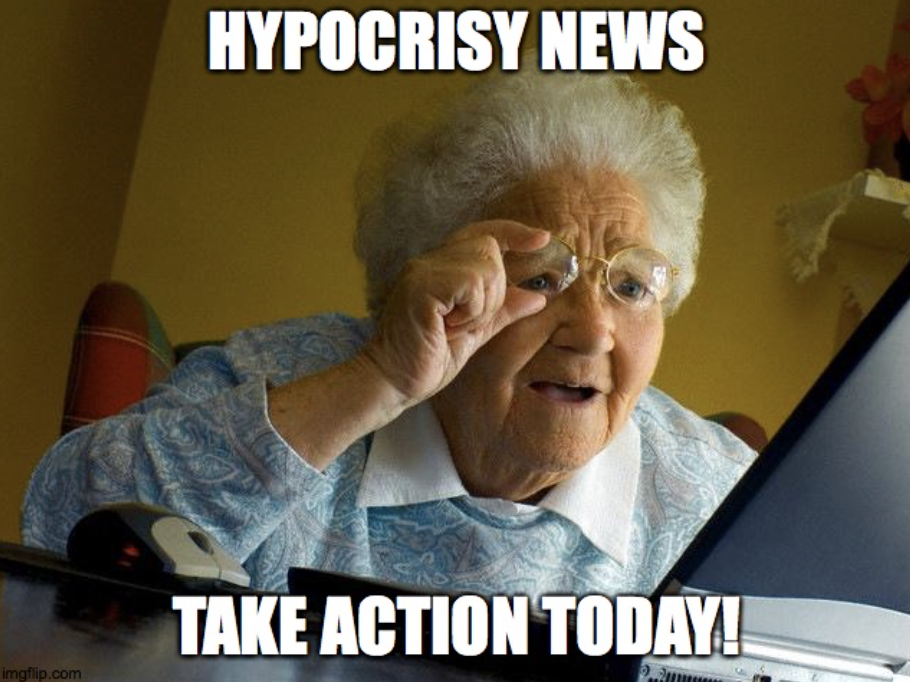
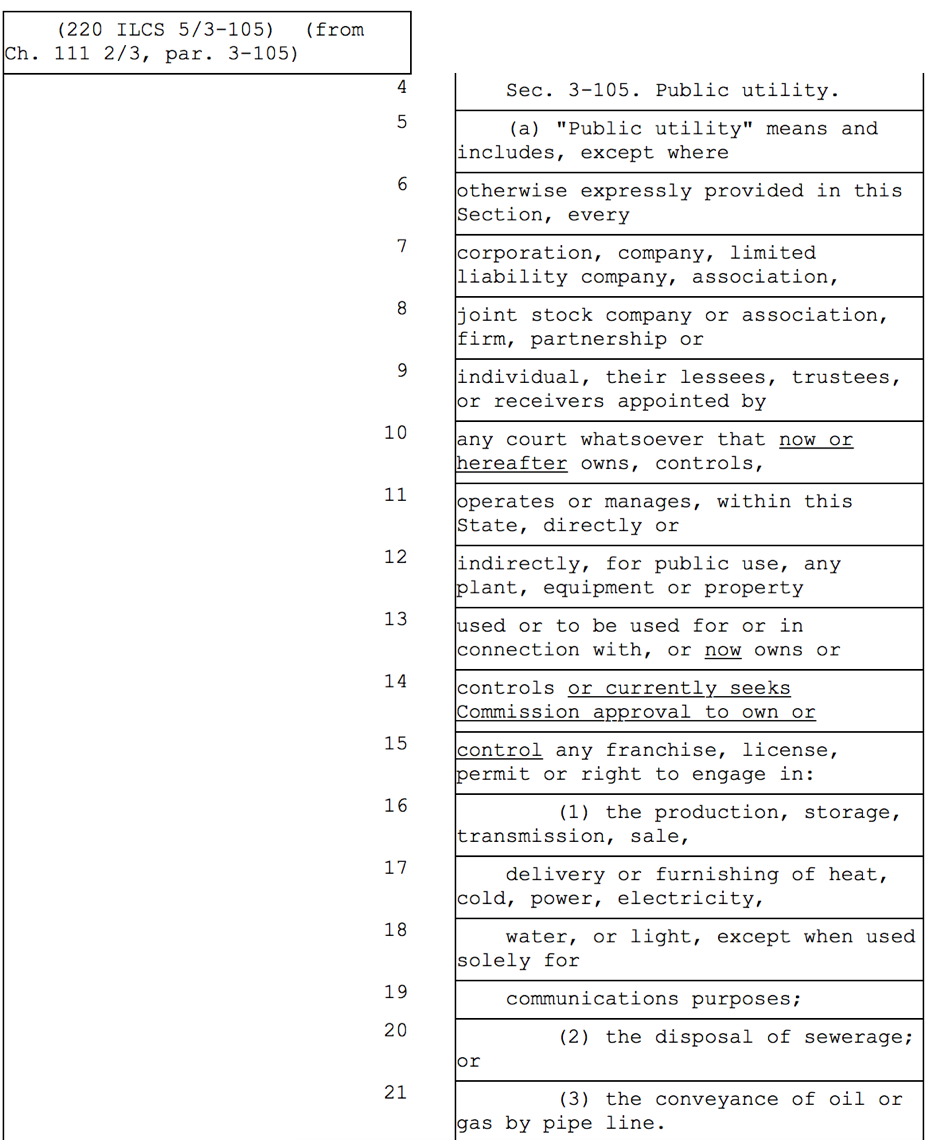

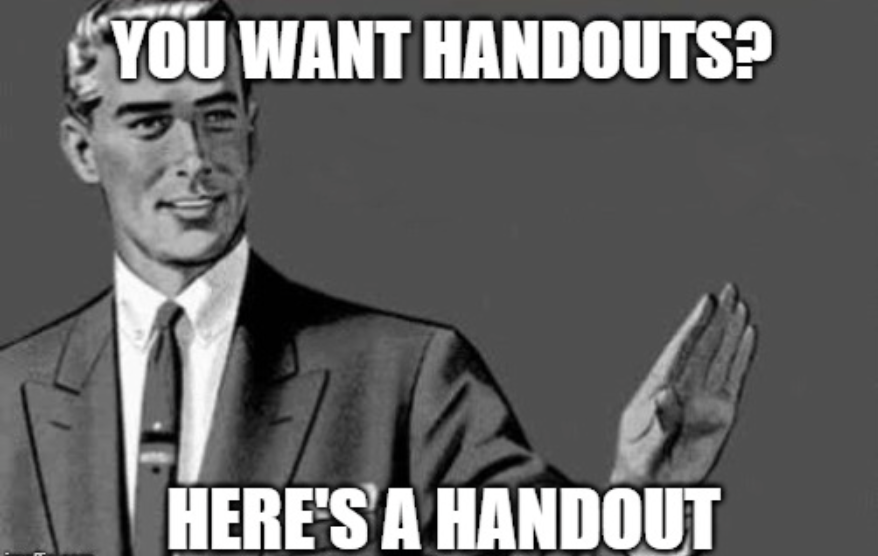
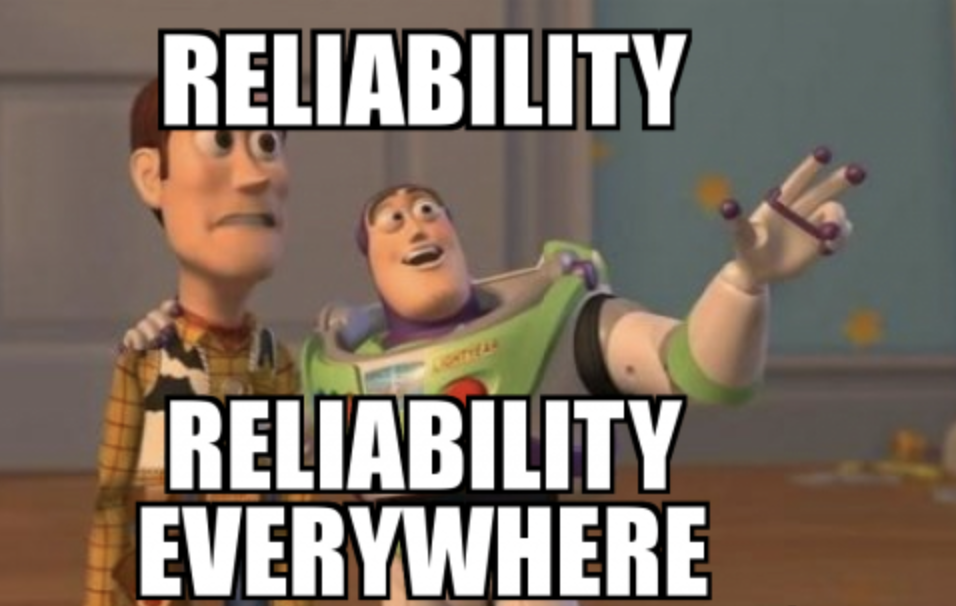
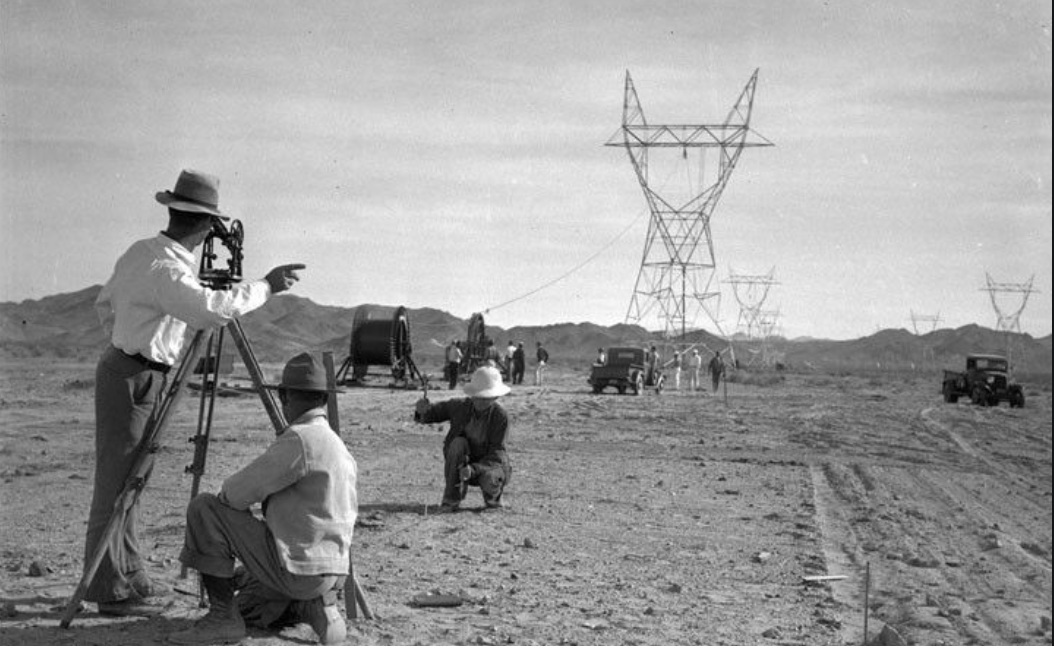

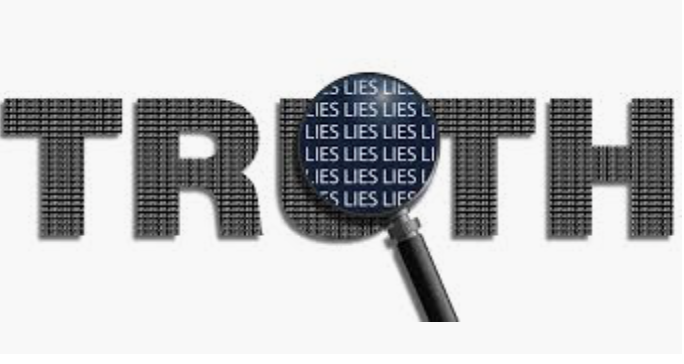
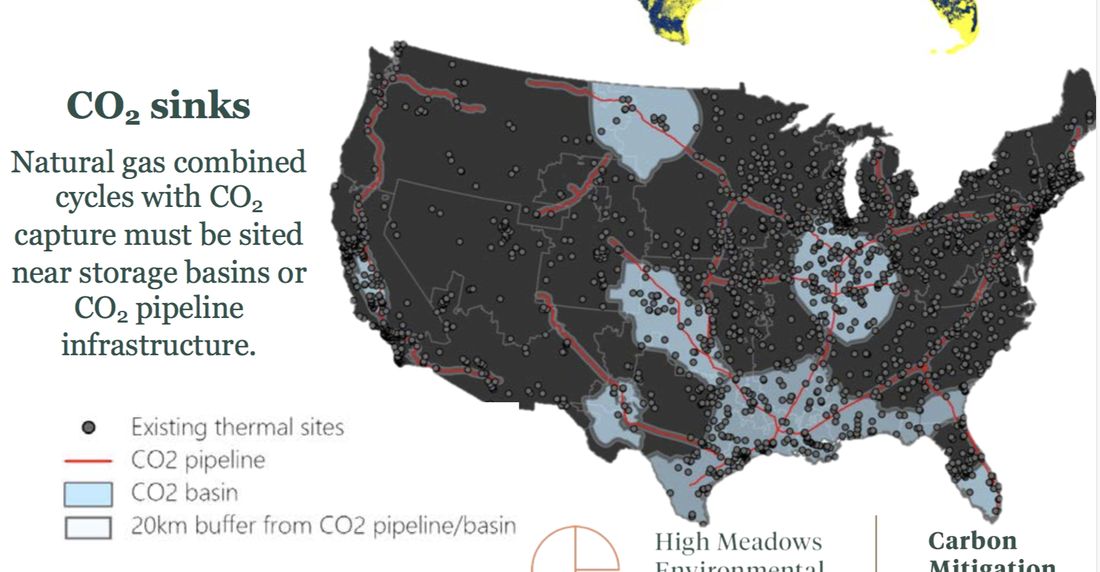
 RSS Feed
RSS Feed